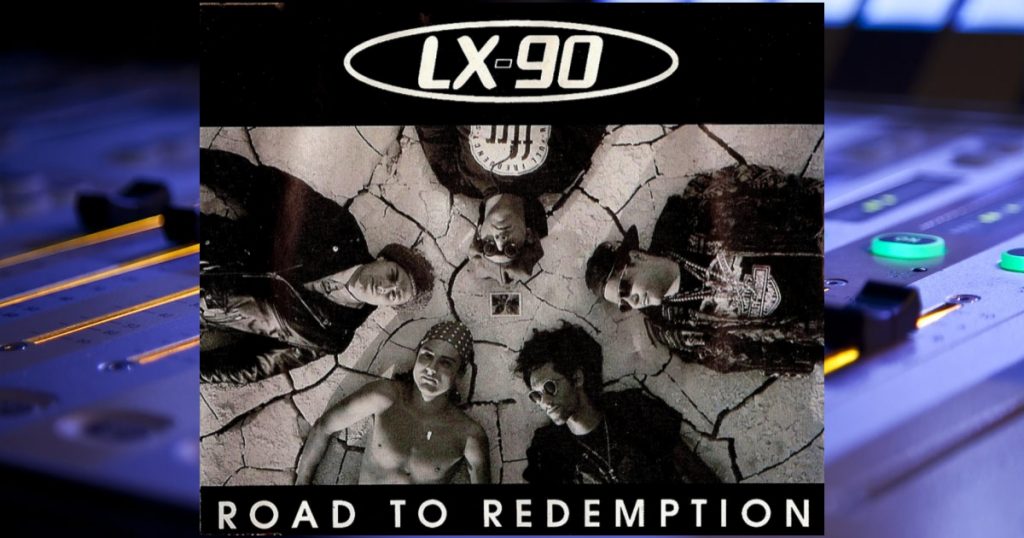When Heróis do Mar announced their breakup in November 1990, a new chapter was already on the horizon. Just a month later, LX-90 emerged, a project formed by Rui Pregal da Cunha (vocals), Pedro Paulo Gonçalves (guitar), Nini Garcia (drums), Nuno Miguel (bass) and Tó Pereira, later known as DJ Vibe, handling sequencers and samplers. With this line-up, the band set its sights not only on the Portuguese audience but also on international recognition.
The group took internationalization seriously: their only full-length album was recorded in both Portuguese and English, achieving some recognition abroad. Released by BMG, the record reached several European countries and even parts of Latin America. LX-90 rejected the label of dance music, preferring to describe their work as “music to dance to,” always with a strong rock foundation. Their references included giants such as Cream, Jimi Hendrix and Led Zeppelin, blending tradition and modernity in pursuit of a distinctive sound.
Despite the initial momentum, the project would prove short-lived. By late 1992, Tó Pereira left the band, citing musical differences. According to him, LX-90 were heading toward a heavier rock sound, straying from the original vision. With the departure of one of its most innovative members, the group lost part of the creative drive that had defined it, bringing to a close a brief but singular chapter in the Portuguese music scene of the early 1990s.






De um lado, a nova vida de Rui Pregal da Cunha, do outro, a visão eletrónica de DJ Vibe: nascia em 1990 o projeto LX90! Com um único álbum bilingue e um som que juntava rock e modernidade, a banda de Lisboa apontou à internacionalização. Conheça a história deste grupo pioneiro que, apesar de breve, deixou a sua marca na música portuguesa dos anos 90!